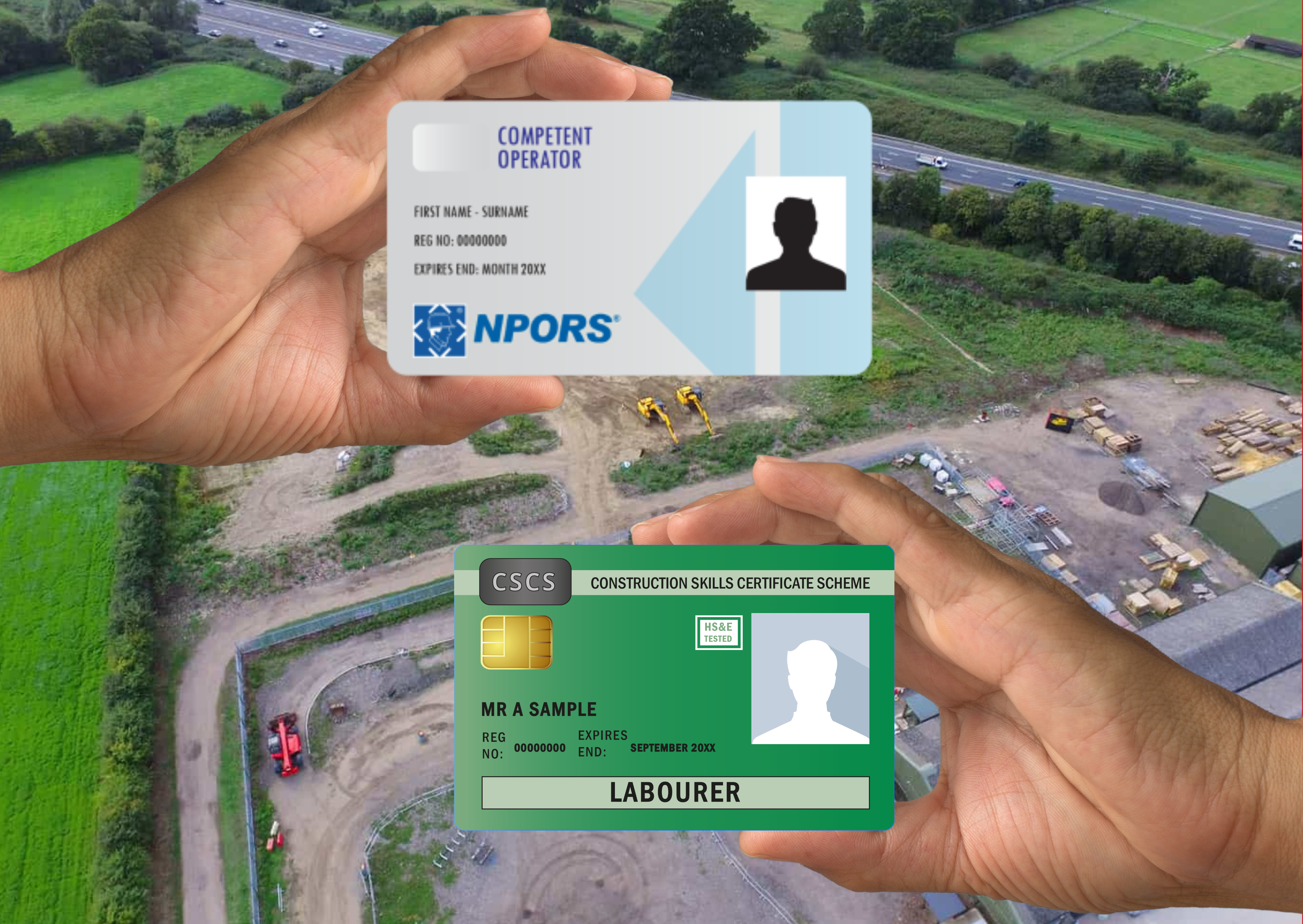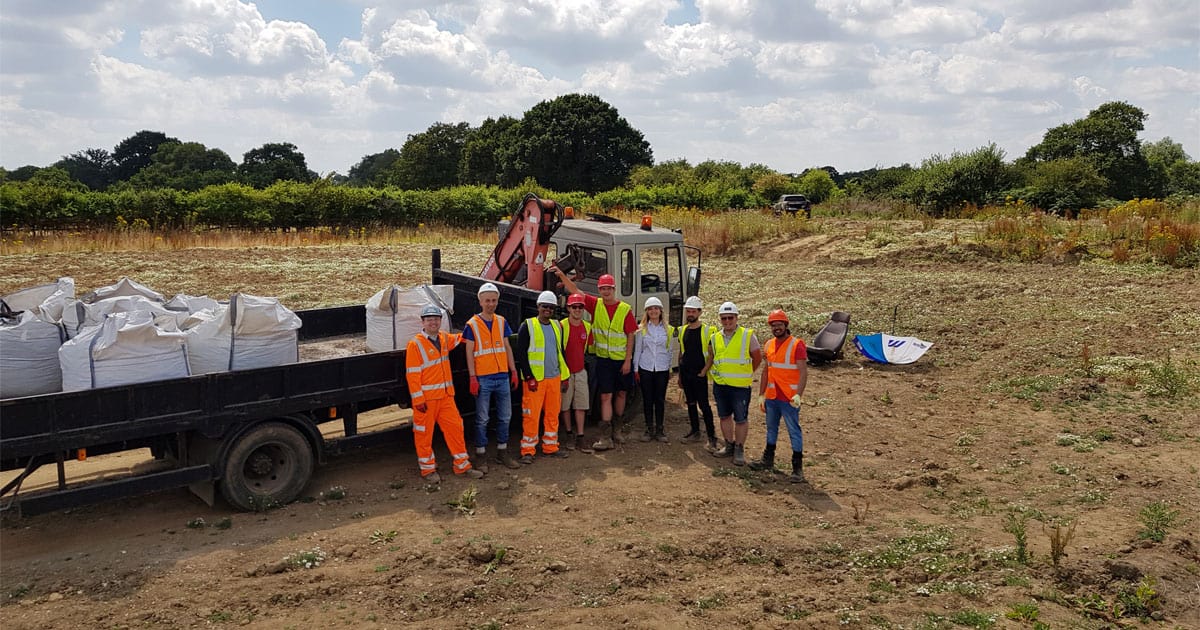CPCS or NPORS: Which is best?
Health and safety laws are in place to make sure construction workers are well-trained.
This is particularly important for plant operators, who often deal with heavy machinery upwards of 10 tonnes.
What Qualification Schemes Are Out There?
The two most recognised plant qualification schemes are CPCS and NPORS.
This article will outline the main differences between the schemes and help you decide which is right for you, either CPCS or NPORS.
CPCS or NPORS: What’s the Difference?
1 – Recognition
Are CPCS Cards Widely Recognised?
CPCS is often considered the best plant qualification scheme. Previously, it was the only choice when it came to getting on-site.
Are NPORS Cards Widely Recognised?
While NPORS used to be the inferior option, it has gained significant credibility over recent years. Now, it’s rarer for employers not to accept NPORS cards, particularly those with the CSCS logo.
CPCS or NPORS: Which is best?
When choosing between CPCS or NPORS, it is important to consider which is more likely to guarantee work. This can be done by asking around to find out which is preferred at your potential worksites.
2 – Cost
How Much Does CPCS Cost?
CPCS courses are priced based on:
Course Price x Number of Candidates.
This will include: theory and practical training, theory and practical tests, and a CPCS Red Card.
However, it is important to note that additional charges may apply, such as machine hire. Since these are often run as open courses, they usually work out cheaper for individuals and smaller groups.
How Much Does NPORS Cost?
NPORS courses are priced based on:
Day Rate Charge + Additional Expenses.
Additional expenses may include: registration fees, instructor mileage, and machine hire.
Since courses are largely made up of a standard charge, the more candidates you book, the more you get for your money! This means NPORS often works out cheaper for businesses wanting to get large groups of workers qualified.
CPCS or NPORS: Which is best?
If you’re an individual, we always suggest choosing CPCS. If you’re a business owner or training manager, we suggest NPORS. However, it is always important to check what the rules are on-site.
3 – Location
Where Does CPCS Take Place?
CPCS courses must take place at an accredited test centre. This works if you have a local test centre or if you aren’t currently working on-site. However, this may not be convenient for everyone.
Where Does NPORS Take Place?
NPORS courses can take place on your work site. This is more convenient if you don’t have a local test centre or are working on-site with the relevant machinery.
CPCS or NPORS: Which is best?
If you’re not currently working on-site, a CPCS test centre is the way to go. If you’re already working with the relevant machinery, on-site NPORS courses are a sensible choice.
Bonus: Card Expiry
Novice Cards
CPCS and NPORS cards are largely similar.
Start with a ‘Trained Operator Card’ which is valid for 2 years:
CPCS Trained Operator Cards.
NPORS CSCS Trained Operator Cards.
Experienced Worker Cards
Progress to a ‘Competent Operator Card’ which is valid for 5 years:
CPCS Competent Operator Cards.
NPORS CSCS Competent Operator Cards.
Conclusion
Overall, CPCS and NPORS are both widely recognised schemes which can be used to qualify plant operators. How you decide between the two will depend on your specific needs and preferences.
However, whichever scheme you choose, BAM Construction Training is here to help get you qualified.
Browse our wide range of CPCS Courses and NPORS Training.
Still not sure which is best for you? Get in touch for expert advice.



